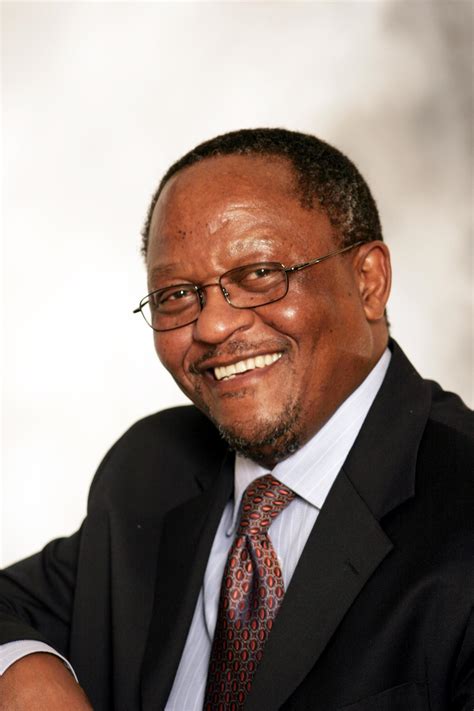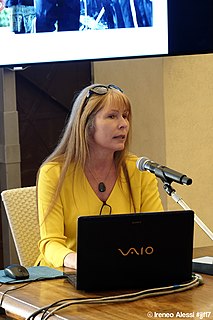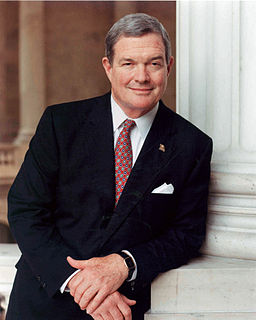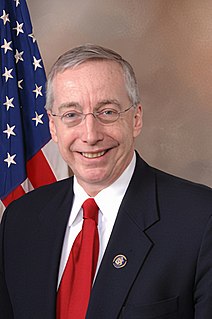A Quote by Sri Mulyani Indrawati
Conflicting legislation and regulations, overlapping mandates, unwillingness to enforce land use, elite capture, entrenched attitudes, and lack of incentives to influence behavior are rife in many resource-rich countries.
Related Quotes
The urgency for me is to hurry up and become visible enough to either influence or shame other artists or corporations into understanding that there needs to be an equal starting block. You can't rush to make the changes. The rush that I have is to change the mindset of the people who can actually influence the situation in developed countries and in under - developed countries ... and not all under-developed countries need to develop. Maybe they just need to learn and be re - given the tools to understand how to use the land that they live on.
We shall never understand the natural environment until we see it as a living organism. Land can be healthy or sick, fertile or barren, rich or poor, lovingly nurtured or bled white. Our present attitudes and laws governing the ownership and use of land represent an abuse of the concept of private property.... Today you can murder land for private profit. You can leave the corpse for all to see and nobody calls the cops.
The problems of society will also be the problems of the predominant language of that society. It is the carrier of its perceptions, its attitudes, and its goals, for through it, the speakers absorb entrenched attitudes. The guilt of English then must be recognized and appreciated before its continued use can be advocated.
Elites are once again invoking Reagan, dropping their G's and saying things in a folksy sort of way that's meant to capture the hearts of people. And it's all fraud; it's all stagecraft. And people are falling for a great deal of elite behavior in this country packaged as if it's proletariat behavior.
Under the rule of law, if the government wants to prevent firms from outsourcing and offshoring, it enacts legislation and adopts regulations to create the appropriate incentives and discourage undesirable behaviour. It does not bully or threaten particular firms or portray traumatised refugees as a security threat.
There are two pieces of legislation that are related. There's the Communal Land Rights Bill. Then there is the legislation that was approved which has to do with the role and the place and the function of the institution of traditional leadership. Now that legislation, not the Communal Land Rights Bill, provides for the setting up of particular committees that would work together with the elected municipalities.


































